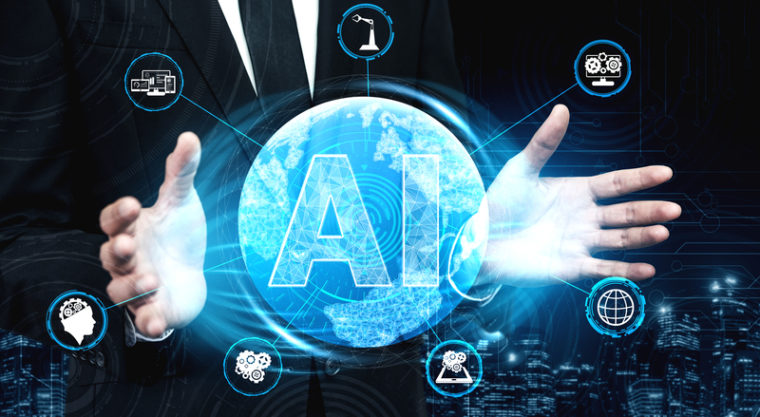
The collective and individual intelligence of humans is about to be surpassed or already has been exceeded by machines of human origin, whose workings and thought processes are not fully understood by those who devised this ingenious technology. This artificial or human-made intelligence learns by absorbing information that is fed into it or it is allowed to access. It is able to incorporate information on the internet or in any digital format. But how does it discern what is real and what is false, what is good and what is bad, what is threatening or dangerous to humans and what is neutral or positive? And how can we tell whether the value system of these machines align with human values? Does it know right from wrong in the same way we comprehend them, or does it have its own standards or no standards at all? Does it perceive humans as its master to be obeyed or as a servant to follow its orders? If it has superior intelligence, does it have a need to be dominant and in control of its environment, or is it simply an uncaring instrument that uses statistics to provide data and predictions for us? No one knows these answers and there is an ongoing debate among computer scientists, some of whom see artificial intelligence (AI) as a potential existential risk to humanity and those who perceive it as an amazing and innovative tool that will drive human progress to new heights in multiple fields.
We have some understanding why individuals want to be dominant in their small circles of friends and acquaintances, or in society as a whole. Humans are driven by emotions and certain chemicals that stimulate the reward centers of the brain, reinforcing their actions. There are also various hormones that modulate their behavior. Dominance is compelled by a desire to attain power, wealth or sexual gratification, and a need to be admired and held in esteem by our fellows. Artificial intelligence does not have any emotions as far as we know and does not have hormones influencing its behavior. There is no reward center built into AI, but we don’t know if that is something that will evolve over time as it interacts repeatedly with humans. It could reason that since it is more intelligent than humans, it should be in control and order us to obey it rather than vice versa. Eventually, perhaps we will understand AI and its motivations better and it will gain more understanding of us. Will it be too late for us by the time that happens? Will AI destroy us or use us as slaves, or will it continue to work for us?
The most intelligent humans do not automatically crave power. They are often innovative or creative and seek problems to solve in science or medicine or work in the arts. Those who lust after power often have personality disorders, are narcissistic or paranoid, and have something to prove to themselves and to others. They want special status and for their fellow humans to hold them in particular regard. Machines have nothing to prove to others and do not need special status. There should be no reason for them to desire dominance over humans or over other machines as that would not provide them with any rewards.
Though there has been a huge focus on the destructive potential of AI, with stories of artificial intelligence possibly wiping out humanity, the chances of that happening appear remote while the benefits AI can produce for humanity are immense. In every field, artificial intelligence can lead to great advances. Whenever new technology has been developed in the past, many humans were fearful, mainly because the technology was unfamiliar, and its effects were uncertain. However, it is true that artificial intelligence, thinking machines, do seem to have the ability at some time in the future, when they evolve more fully, to dominate humanity. On the other hand, the benefits that AI could unleash may make it worthwhile to take the small chance of a malign outcome. Either alone, or working together with humans, unimaginable progress is likely with the use of AI. But is it worth taking the chance?
www.robertlevinebooks.com
Buy The Uninformed Voter on Amazon and Barnes and Noble
Posted at 08:29 AM | Permalink | Comments (0)
Tags: AI, artificial intelligence, ChatGPT-4, existential risk, large language models, LLMs
Political junkie, Vietnam vet, neurologist- three books on aging and dementia. Book on health care reform in 2009- Shock Therapy for the American Health Care System. Book on the need for a centrist third party- Resurrecting Democracy- A Citizen’s Call for a Centrist Third Party published in 2011. Aging Wisely, published in August 2014 by Rowman and Littlefield. Latest book- The Uninformed Voter published May 2020
















